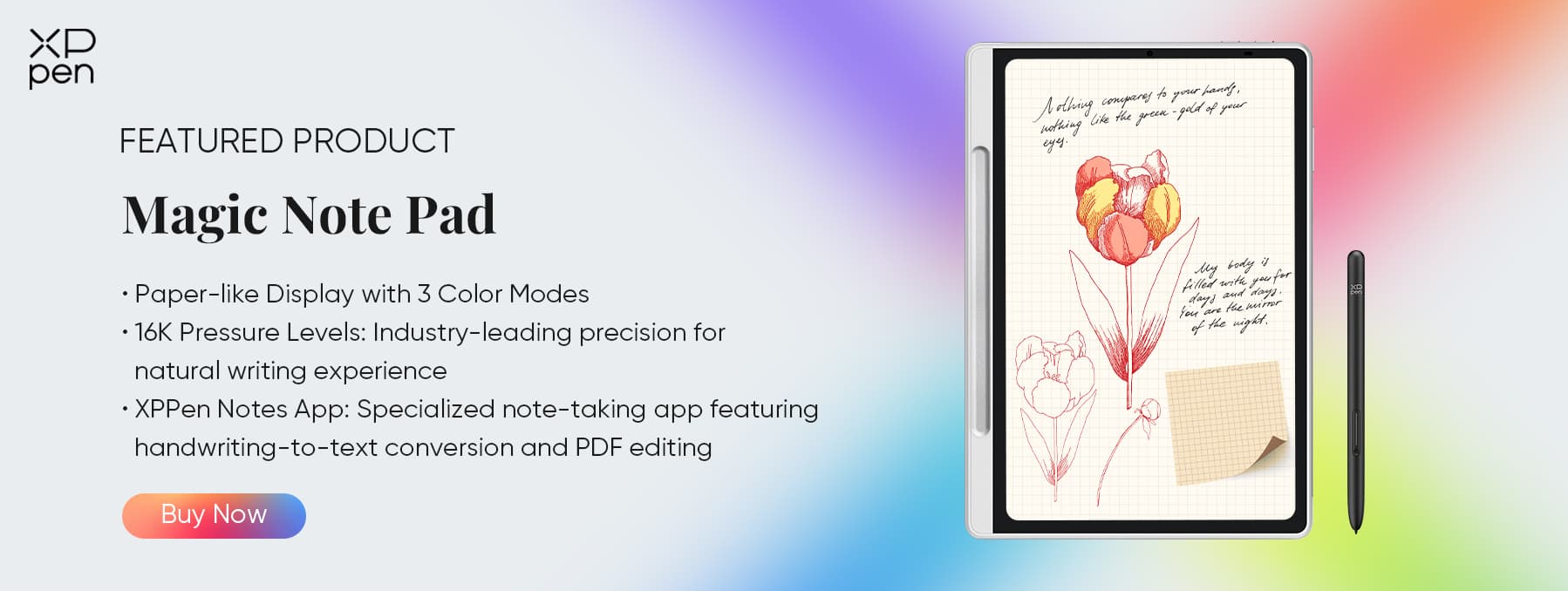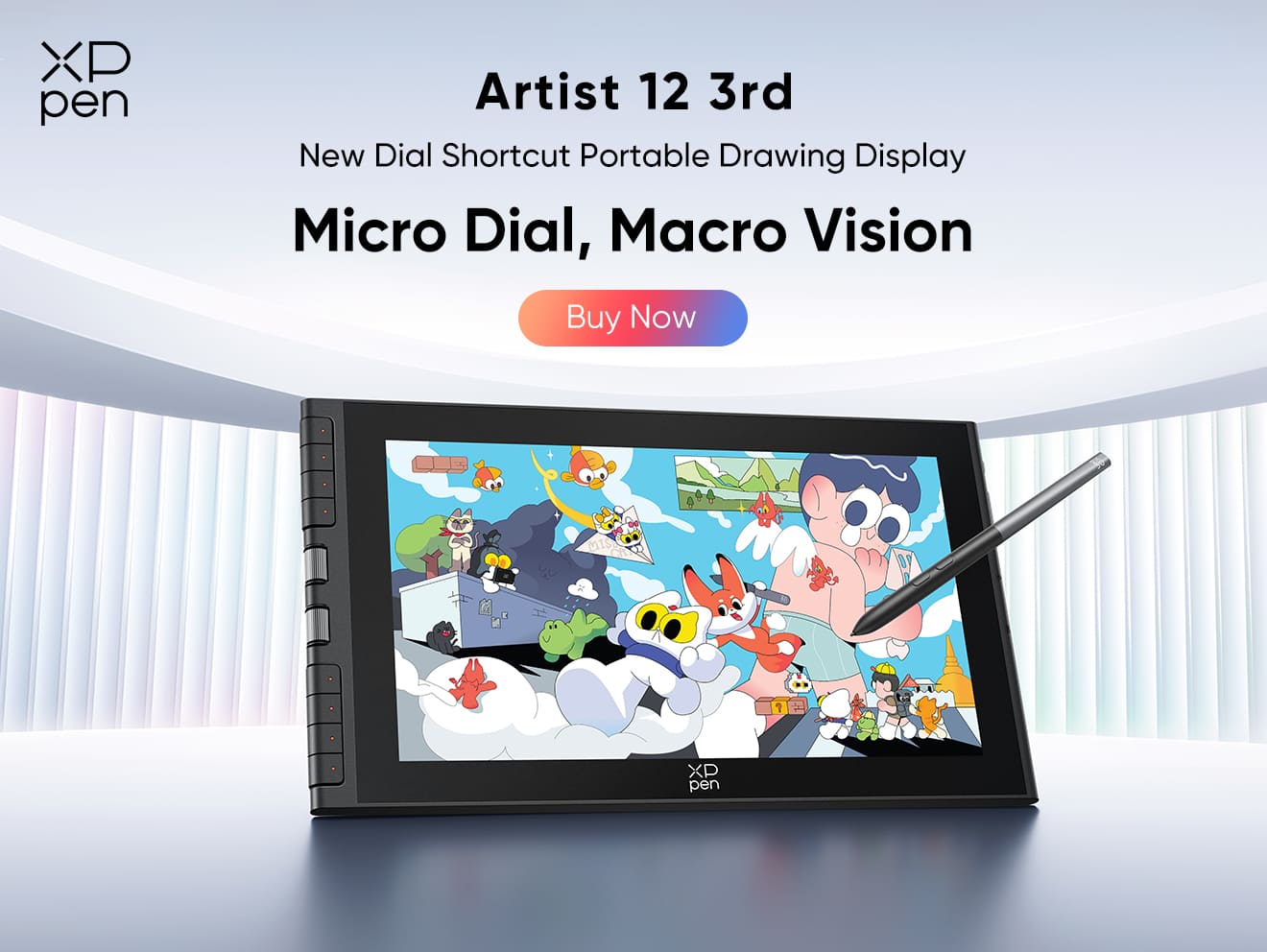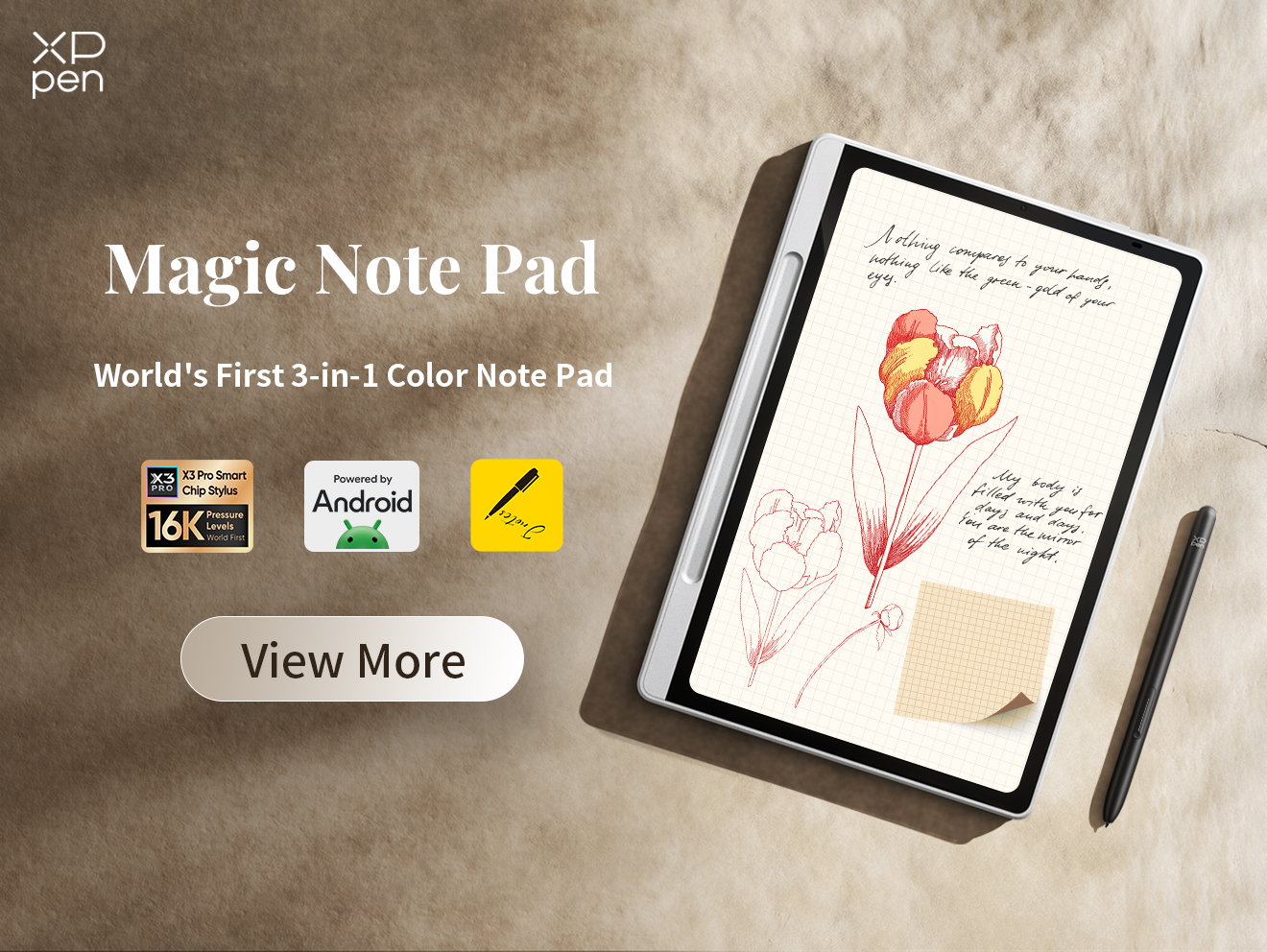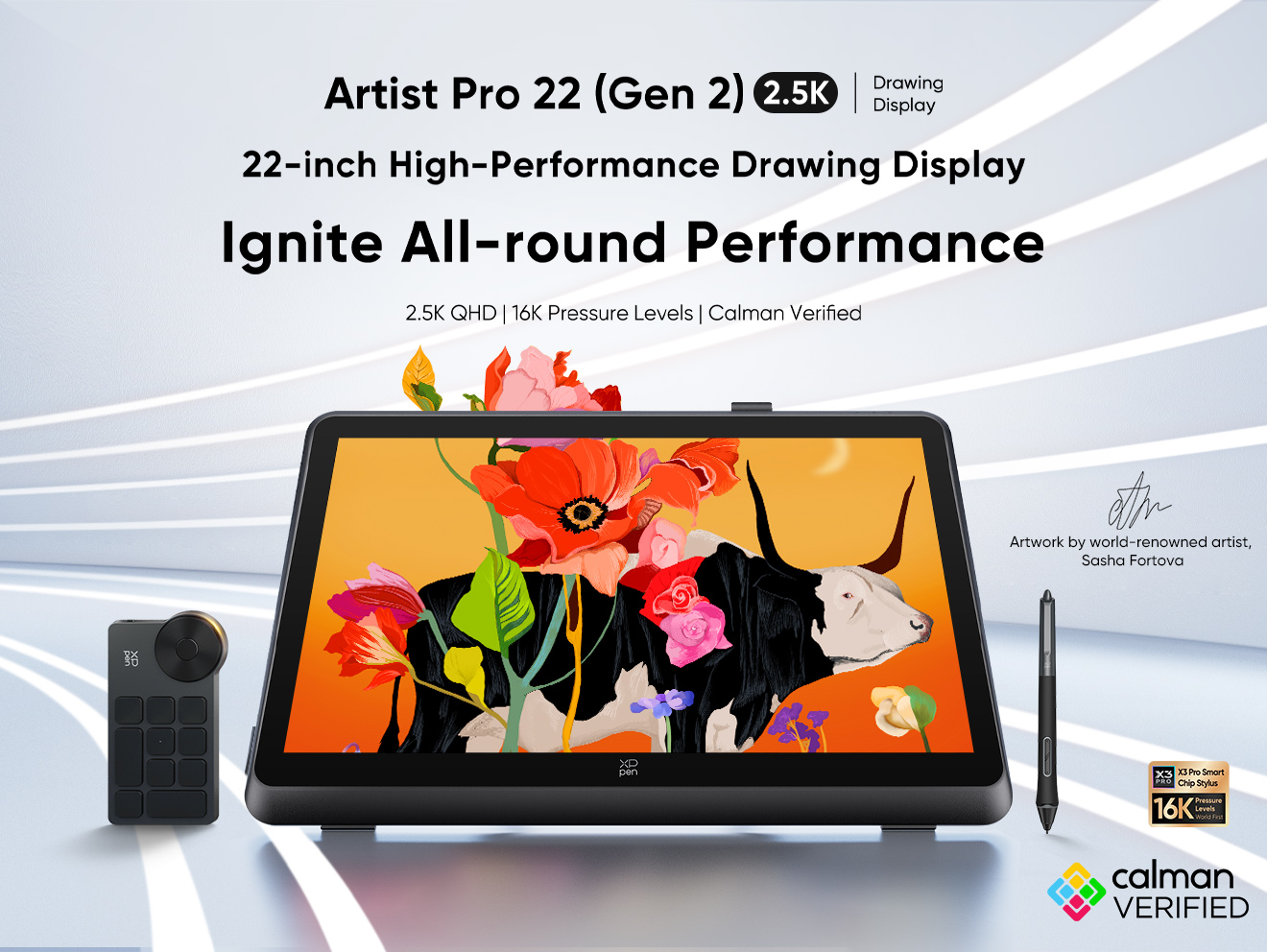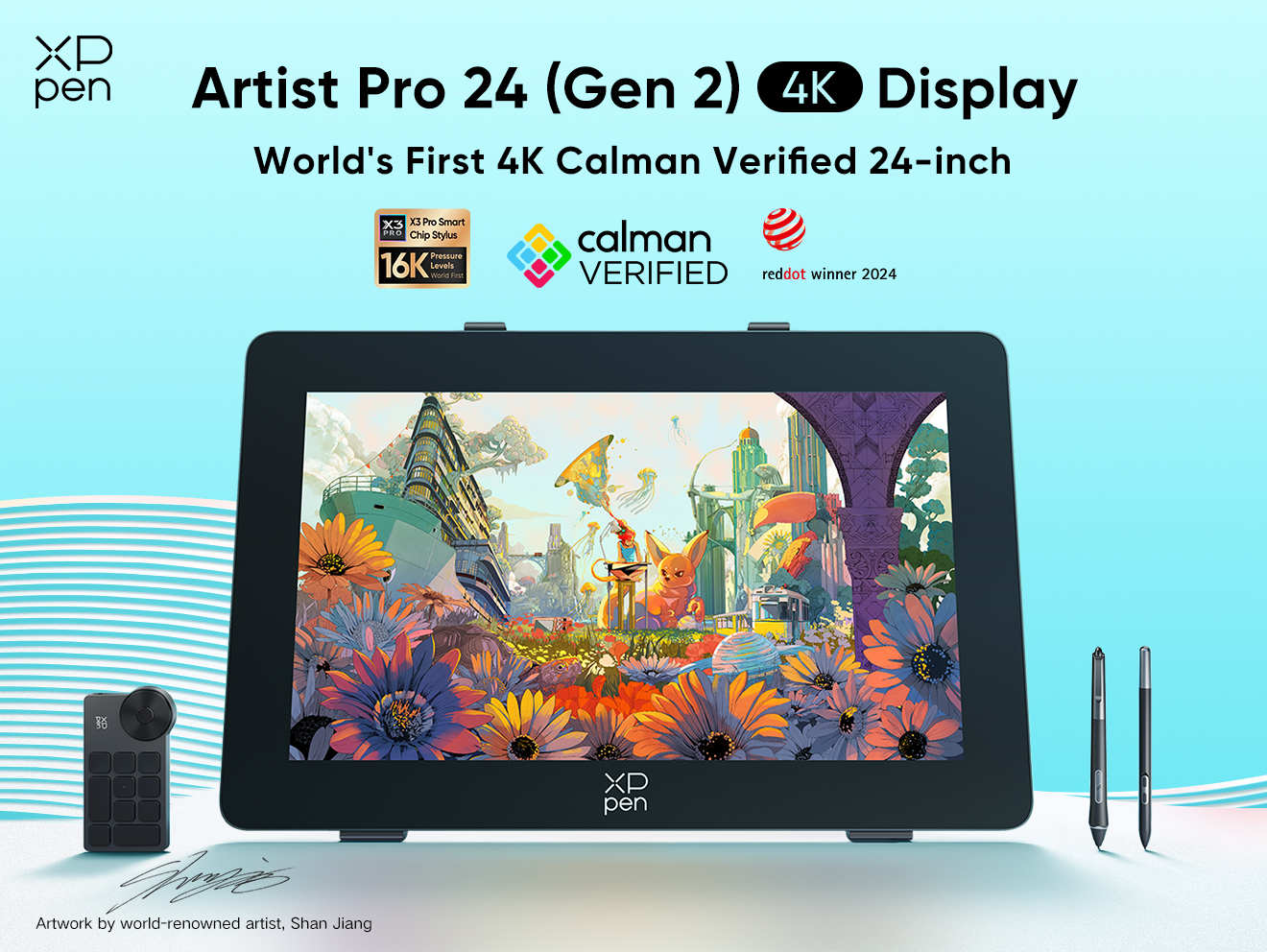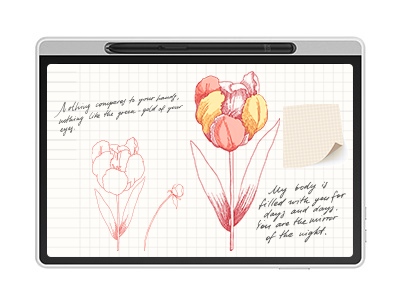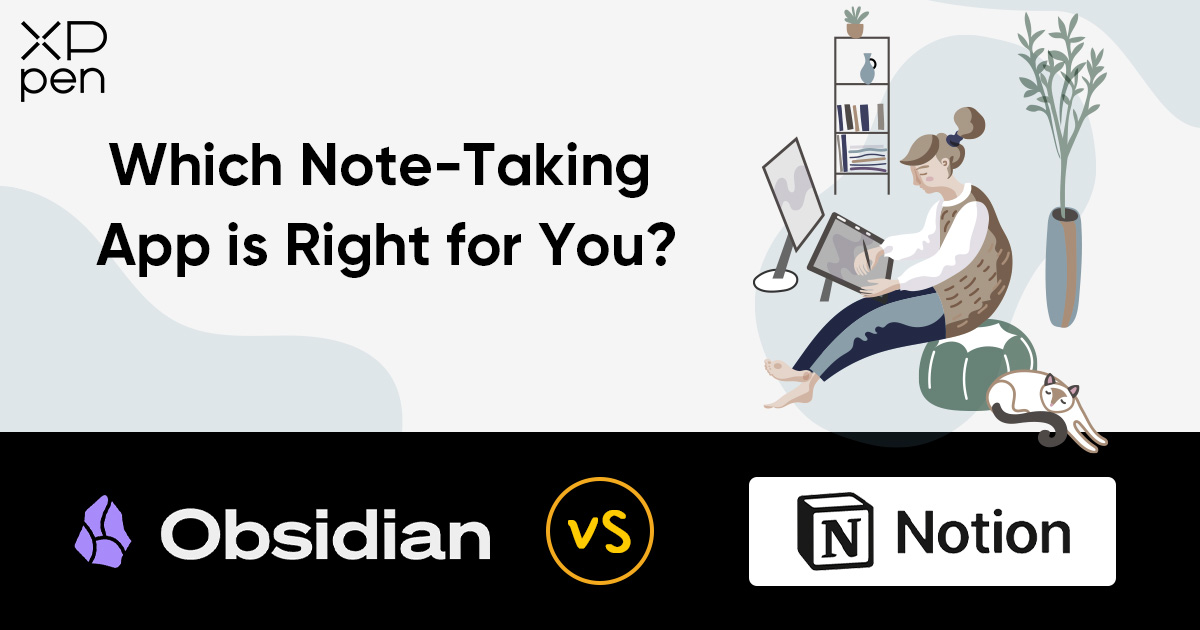
Obsidian vs. Notion: Which Note-Taking App is Right for You?
TIPSIn an era where digital note-taking is essential for both personal productivity and professional collaboration, two apps have emerged as top contenders: Obsidian and Notion. While both offer powerful tools to help you organize information and streamline your workflow, they serve different user needs. This article will compare their core features, advantages, and ideal use cases to help you decide which app fits best into your productivity system.
What are Obsidian and Notion?
Obsidian is a local-first, Markdown-based note-taking application that prioritizes privacy and flexibility. It’s designed for users who want full control over their data and prefer to build a customized knowledge base.
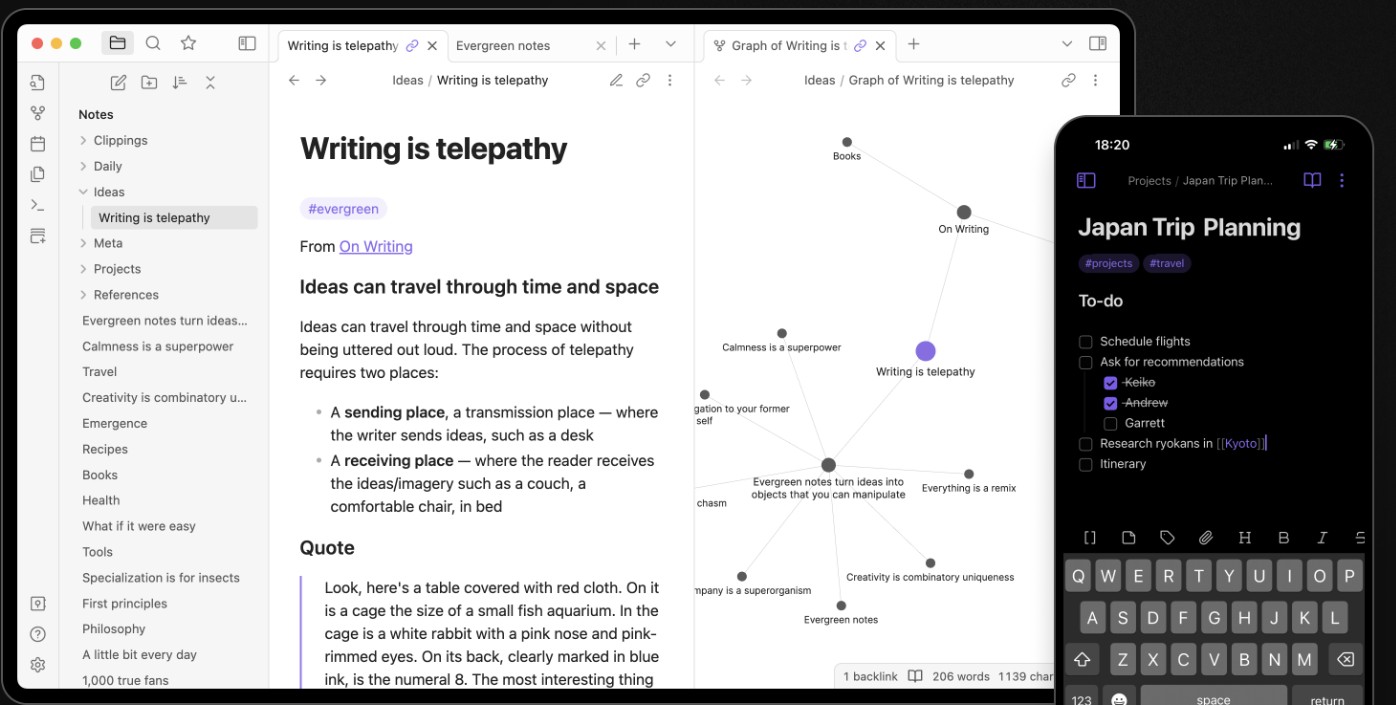
Notion, on the other hand, is a cloud-based, all-in-one productivity platform that excels at real-time collaboration, project management, and content organization. It provides a visually rich experience and integrates various productivity tools into a single interface.
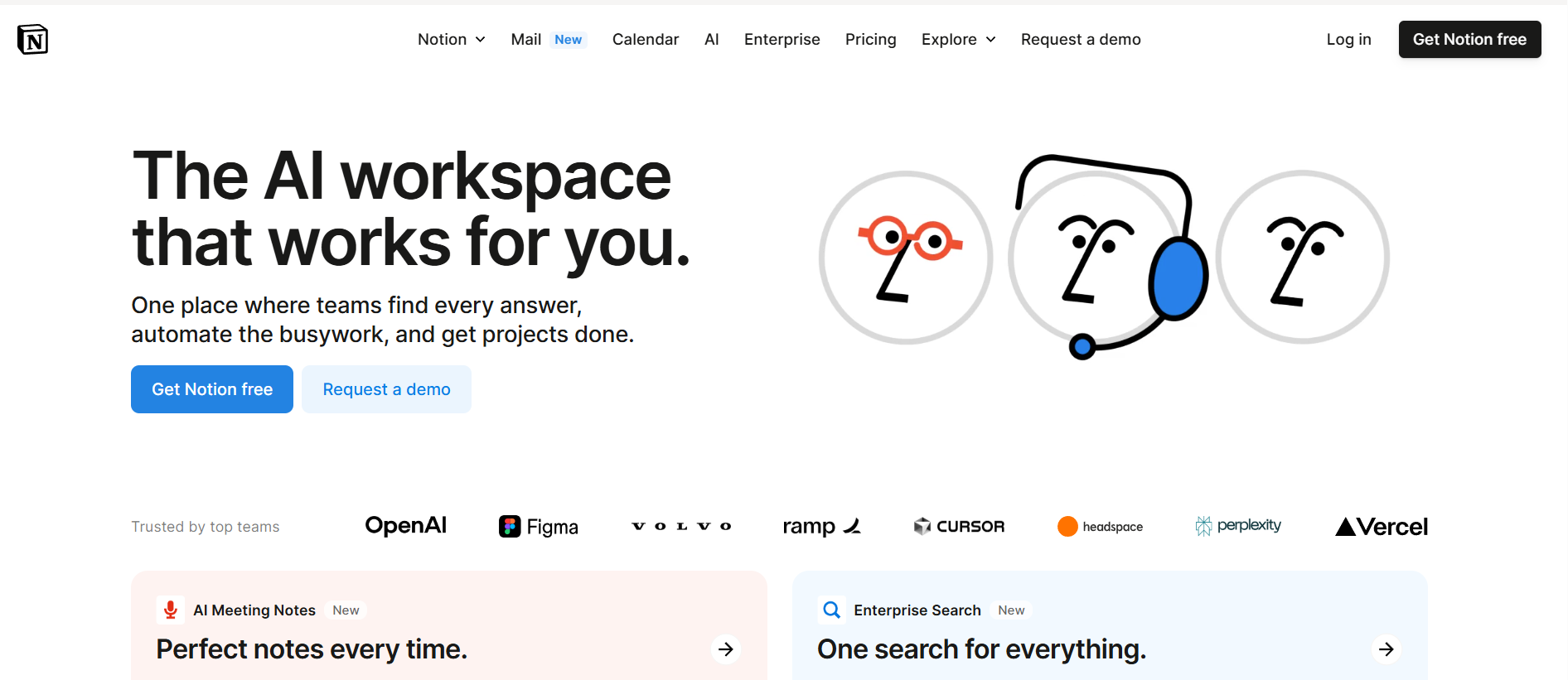
Core Features
Obsidian:
Local-first storage: Your notes are stored on your device.
Markdown-based: Simple and portable file format.
Graph view: Visualize the connection between your notes.
Privacy-focused: No data leaves your computer unless you sync it intentionally.
Extensible: A large plugin ecosystem for enhanced customization.
Notion:
All-in-one workspace: Notes, databases, tasks, calendars—all in one place.
Cloud-based: Syncs seamlessly across all devices.
Collaboration tools: Commenting, tagging, real-time updates.
Templates and integrations: Use pre-built layouts for faster workflows.
Custom blocks: Organize content visually using a block-based editor.
Feature Comparison: Obsidian vs. Notion
Data Storage & Privacy
Obsidian uses local storage, meaning your files stay on your device. This ensures better privacy and data ownership.
Notion stores data in the cloud, enabling access from anywhere but requiring trust in their servers.
Ease of Use & Learning Curve
Notion has a more intuitive interface for beginners, especially with its drag-and-drop functionality and built-in templates.
Obsidian may have a steeper learning curve, particularly for users unfamiliar with Markdown or plugin-based systems.
Customization & Flexibility
Obsidian thrives on plugins and custom themes, offering deep personalization and extensibility.
Notion offers customizable templates and layout options, but is more structured and visually consistent.
Collaboration & Sharing
Notion shines in real-time collaboration, making it ideal for teams and group projects.
Obsidian lacks native collaboration features, though workarounds exist using third-party tools or manual sync.
Markdown & Export Options
Obsidian offers native Markdown support, making it ideal for long-term archiving and compatibility with other tools.
Notion supports Markdown-style syntax but exports may lose some formatting or structure.
Mobile & Cross-Platform Support
Both apps offer mobile and desktop apps.
Notion has a smoother cross-platform experience due to cloud syncing, while Obsidian's performance depends on manual or synced folder setup.
Pros and Cons
| Feature | Obsidian | Notion |
|---|---|---|
| Pros | Full control, offline access, extensible | Great UX, collaboration, all-in-one system |
| Cons | Limited collaboration, initial complexity | Less private, reliant on internet access |
Best Use Cases: Who Should Choose Which?
Choose Obsidian if you are: A knowledge worker, researcher, or developer who values data privacy, flexibility, and local storage. Perfect for building a personal knowledge management system (PKM) or Zettelkasten.
Choose Notion if you are: A student, team member, or project manager who needs collaboration, project tracking, and an intuitive interface. Great for managing documents, tasks, and workflows in one place.
Enhancing Your Note-Taking with XPPen Magic Note Pad
For those seeking to bridge the analog and digital worlds, the XPPen Magic Note Pad adds another layer to your workflow. Depending on your setup, it allows you to write on paper while instantly digitizing your notes to Notion or Obsidian. Combined with either app, this can create a seamless hybrid note-taking experience—preserving the tactile satisfaction of handwriting with the organization and searchability of digital notes.
Write on Real Paper, Instantly Digitized: Capture your notes on actual paper while they are synced in real-time to the app—no scanning required.
Battery-Free Pen: The stylus requires no charging and offers reliable performance for extended writing sessions.
Portable and Professional: Slim, lightweight, and easy to carry—perfect for lectures, client meetings, and on-the-go productivity.
Pricing Comparison
Obsidian: Free for personal use; optional paid services for sync and publishing.
Notion: Free personal plan; paid plans for teams and advanced features.
FAQs
Q: Is Obsidian free?A: Yes, Obsidian is free for personal use. Additional features like sync and publishing require a subscription.
Q: Can you collaborate in Obsidian?A: Not natively. You can share files via Git or use third-party syncing tools, but it's not built for real-time collaboration.
Q: Does Notion work offline?A: Partially. You can view and edit some content offline, but it works best with an internet connection.
Q: Which app is better for students?A: Notion is generally more suitable for students due to its templates, task management, and collaboration features.
Conclusion
Both Obsidian and Notion are excellent note-taking tools, but they serve different purposes. Obsidian is ideal for deep thinkers and knowledge builders who prioritize control and customization. Notion is better for teams and individuals seeking a polished, all-in-one workspace. By understanding your specific needs—and potentially integrating tablets like the XPPen Magic Note Pad—you can build a system that truly works for you.
About Us
Founded in 2005, XPPen is a leading global brand in digital art innovation under Hanvon UGEE. XPPen focuses on the needs of consumers by integrating digital art products, content, and services, specifically targeting Gen-Z digital artists. XPPen currently operates in 163 countries and regions worldwide, boasting a fan base of over 1.5 million and serving more than ten million digital art creators.
Learn moreRecommended Articles
TIPS Top Notion Alternatives in 2026: Best Free, Open Source & Self-Hosted Options KNOWLEDGE How to Use Notion: The Ultimate Workspace for Teams and Individuals KNOWLEDGE How to Use Obsidian: Tips and Tricks for Structured Knowledge ManagementLooking for the Best Drawing & Design Apps?
Discover essential drawing techniques, expert tips, and the best app recommendations to boost your creativity and master digital art.
